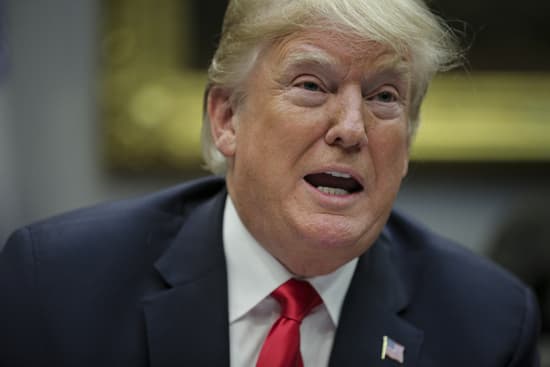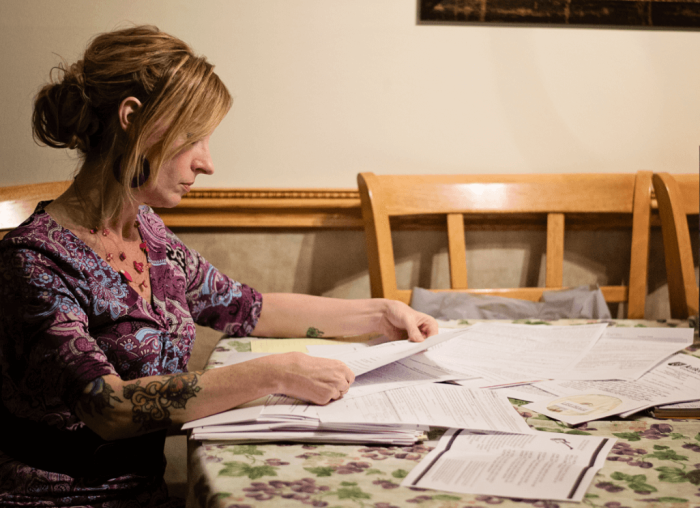As the Trump administration loosens regulations on the commercial use of asbestos, a building material linked to cancer and lung disease, federal data shows that asbestos imports soared 2,000% last summer.
According to an analysis of the data conducted by the Asbestos Disease Awareness Organization (ADAO) and Environmental Working Group (EWG), the U.S. imported 341 metric tons of asbestos in 2017. That is expected to double this year. A 2,000% increase in imports was observed last July and August alone.
“It is appalling that unlike more than 60 nations around the world, the U.S. not only fails to ban asbestos, but allows imports to increase,” said Linda Reinstein, president of ADAO, in a statement. “Americans cannot identify or manage the risks of asbestos. The time is now for the EPA to say no to the asbestos industry and finally ban asbestos without exemptions.”
In June, EPA head Scott Pruitt announced the agency would no longer assess the health risks of asbestos in the environment. In August, the Trump administration released a new rule outlining 15 uses for asbestos for which manufacturers need to get EPA approval. Previously, the agency required approval for all uses. Some EPA staffers opposed the new plan because it could encourage companies to use asbestos in ways that aren’t on the list.
Asbestos is a fibrous mineral that was discovered to be effective building insulation and fireproofing in the mid-nineteenth century. By the 1920s, many U.S. buildings and products contained it, and people who mined and worked around the material developed mesothelioma, a type of lung cancer. The mineral’s hairlike fibers, once inhaled, cause damage to the lungs that leads to malignancy.
By the 1980s, asbestos was banned outright by many countries, although the U.S. continued to allow its use in limited cases. Many older buildings, including schools and government buildings, underwent costly asbestos removal. About 15,000 people die of asbestos-related illnesses each year, and 850,000 people have filed lawsuits.
President Trump, a longtime real-estate developer, has voiced his support for asbestos. In his 1997 book “The Art of the Comeback,” he called asbestos “100 percent safe, once applied,” and said its alleged carcinogenicity was a conspiracy to benefit mafia-controlled asbestos-removal companies.
Russia, the world’s largest producer of asbestos, is celebrating the United States’ loosening of restrictions. In June, the Russian company Ural Asbest posted a photo to Facebook showing pallets of asbestos stamped with a seal of Trump’s face that reads “Approved by the 45th President of the United States.” In a caption, the company declared, “Donald is on our side!”



















